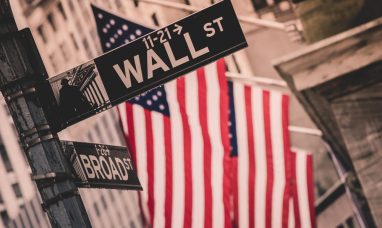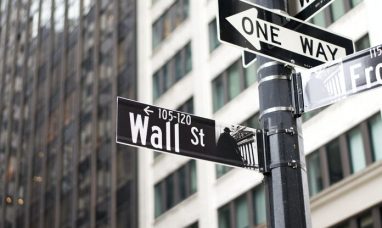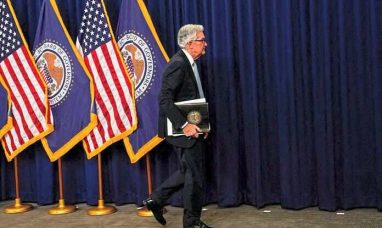Release of the Expected CPI Index
The most recent CPI index data confirmed that inflation had met its target of 6.5% YoY. Investors are getting carried away with the disinflationary trend.
The Fed is not signaling a shift, which is what many market players anticipate.
Even though I anticipate inflation to decrease shortly, I think the markets (SPX) might be in for a shock. Over the next several years, I expect inflation to remain steady, if not spike again. This would shock the economy enough to dampen demand, trigger job losses and deflation, and force the Fed to reverse course.
For the Time Being, Inflation Is Declining
Some tangible signs are emerging that inflation is beginning to moderate. Along with the CPI, the ISM Manufacturing index or PMI also shows evident symptoms of a downturn.
This metric has historically provided reliable predictions of future inflation and economic downturns. Recessions have often followed prints below 45 in the past.
Additionally, the CPI index excluding shelter has just become negative every month.
The long-anticipated decline in energy costs and, more recently, the decline in home prices have kept a lid on inflation.
I worry that expectations of disinflation and the Federal Reserve’s readiness to lower interest rates are too optimistic.
The Market Is Ignoring
Many in the market believe that the Fed will “pivot” in 2023, meaning that rate rises will be put on hold or reversed altogether due to the decline in inflation.
According to money market projections, rates are expected to hit a high of around 4.9% before falling by roughly 0.5 percentage points by the end of 2023. That’s even though some government officials have recently been sending mixed messages on interest rates. It was reported by Bloomberg.
Recent Federal Reserve meetings have clarified that rate cuts are not on the table until the economy takes a major downturn. In terms of employment, there is no sign of it happening now.
The Federal Reserve is particularly concerned about triggering inflation too quickly, as was the case in the 1970s.
Inflation seemed to have bottomed out in 1975, as seen in the figure above, but rebounded to about 15% by 1980. The Fed is desperate to avoid this error, but investors are blind to it.
It is evident from the recent surge in bonds that most estimates anticipate rate reduction by the end of the year, notwithstanding the Fed’s plans to hold rates around 5%-5.5% in 2023.
What Should We Do Next?
As far as I can see, we have a few routes to take.
The current consensus among market participants is that a moderate recession will hit the economy in 2023. The Federal Reserve will respond promptly, preventing deflation and inflation as a result. Although I find this scenario implausible, it seems to be included in current market pricing.
If a full-scale recession occurs, the Fed will likely be obliged to do a u-turn too soon, leading to higher inflation and maybe an even worse downturn in the future, much like in the 1970s.
If the economy successfully avoids a recession for the time being, inflation may continue for a while longer. Considering that the market has already factored in the Fed’s expected to turn, this development would be disappointing.
This seems like a more plausible outcome to me. For the time being, at least, it seems like the economy is doing well. The unemployment rate is at an all-time low, and people generally have a lot of spare money. However, the market would collapse without this liquidity, and continuous inflation would erode balance sheets and lead to a recession.
In the long run, I’d want to see this happen
The market disregards the Federal Reserve, and it will drop if a U-turn isn’t forthcoming. When this subsides, we may feel some comfort, but we also face a recession, the degree of which is unknown.
Concluding Remarks
I hate to be the one to deliver the terrible news, but the Federal Reserve really is stuck. It’s conceivable that if loosened, we’ll see a return to 1970s-style inflation. If it doesn’t, as I now suspect, it will disappoint investors and worsen the next recession. The previous abuses must be remedied in some fashion.
Featured Image: Freepik @ nazariykarkhut
















